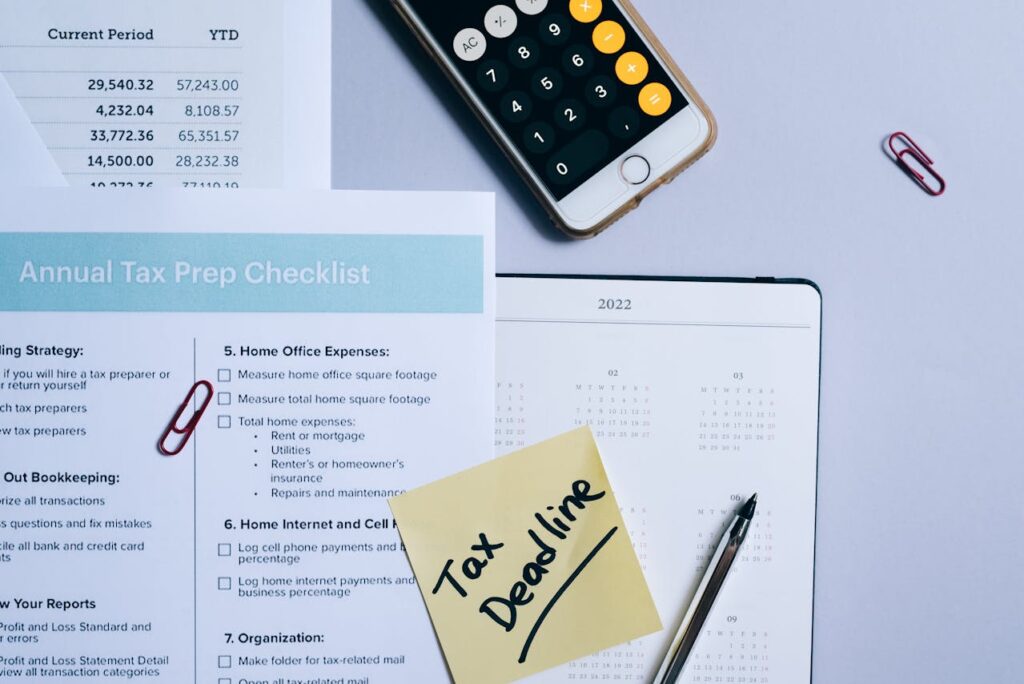Physical Address
304 North Cardinal St.
Dorchester Center, MA 02124
Physical Address
304 North Cardinal St.
Dorchester Center, MA 02124

When you hear the word frugal, what comes to mind? Maybe it’s clipping coupons, skipping lattes, or driving your car until it practically begs to retire. But frugality—real, soul-satisfying frugality—is about so much more than penny-pinching.
In this article, we’re peeling back the surface-level definitions to explore the hidden meaning of frugality. Spoiler: it’s not about being cheap. It’s about being intentional. And when you embrace that, your entire relationship with money—and even life—can shift for the better.
Let’s dig in.

Frugality is often misunderstood. It gets lumped in with deprivation and austerity, but at its core, frugality is about resourcefulness and value. It’s about:
Frugality isn’t about saying “no” to everything. It’s about saying “yes” to the right things.
Let’s bust a few myths, shall we?

Truth: Frugal people are often happier because they’re not tied down by debt or overwhelmed by clutter. They focus on joy, not stuff.
Truth: Frugality isn’t about going without—it’s about going without what doesn’t matter so you can have more of what does.
Truth: Frugality is a skill, not a personality trait. You can learn it, practice it, and grow into it.
Here’s the secret sauce: frugality is really about intentional living.
When you stop spending on autopilot, you start asking questions like:
This simple pause before spending rewires your brain. It slows down impulse decisions and aligns your spending with your values.
Money doesn’t control frugal people. Why? Because they control their money.
Frugality often means:
It’s not about hoarding money—it’s about using it in a way that gives you breathing room.
Want to work less?
Travel more?
Take time off to be with family?
Build a business or passion project?
Whatever your dream looks like, frugality can help make it possible.
When you intentionally spend less and need less to maintain your lifestyle, you unlock something priceless: freedom.
The less income you have to earn just to cover your basics, the more space you create to design a life that reflects your true values — not just your obligations.
Maybe that means reducing your hours at work.
Maybe it’s taking a sabbatical to travel or stay home with young children.
Maybe it’s finally starting that business you’ve been dreaming about for years.
Frugal living creates options.
And options are powerful.
It’s not about depriving yourself or living miserably cheap. It’s about choosing what matters most to you — and clearing out the financial clutter that stands in the way.
Every pound or dollar you don’t spend on things you don’t truly value is a pound or dollar you can use to buy yourself time, freedom, and possibilities.
Frugality isn’t about living smaller.
It’s about living bigger, on your terms.
Frugality isn’t just practical—it’s deeply emotional.
And perhaps most importantly, frugality helps you break free from the endless cycle of comparison and consumerism.
You don’t need to overhaul your life overnight to embrace a more frugal mindset. Small, intentional changes add up — and they feel a lot more sustainable (and enjoyable) than trying to change everything all at once.
Here are a few gentle ways to start stepping into a more frugal, intentional lifestyle:
Awareness is the first step toward change. Use whatever method feels easiest — an app, a spreadsheet, or even a simple notebook. The goal is just to see clearly where your money is going. Patterns will start to emerge, and you’ll naturally find areas you want to adjust.
What truly matters most to you?
Family, freedom, creativity, travel, security, adventure? When you’re clear on your core values, it becomes easier to align your spending with what actually brings you happiness — and to cut back on what doesn’t.
Before making a non-essential purchase, pause for 24 hours.
Give yourself space to think. You’ll be amazed at how often the “must-have” feeling fades — and how empowered you feel choosing not to buy on impulse.
It’s a classic frugal tip because it works.
Cooking at home is almost always cheaper — and often healthier — than eating out. Plus, it can become a creative outlet or even a fun social activity with friends and family.
Frugality isn’t about always buying the cheapest option.
It’s about choosing value over volume. Investing in well-made items that last longer can save you far more money (and frustration) in the long run.
Need a special tool, an outfit for an event, or a book you’ll only read once?
Before buying new, ask around. Borrowing or swapping with friends, family, or even local community groups can save you money and reduce waste.
Get into the habit of repairing, repurposing, or creatively patching things before replacing them.
Not only will this stretch your money further, but it also builds a deeper appreciation for what you already have.
Being frugal doesn’t mean being joyless!
Budget for guilt-free spending on the things you love most — whether it’s travel, art supplies, cozy cafes, or weekend adventures. Intentional indulgence keeps your frugal lifestyle feeling balanced and sustainable.
Let’s bring it full circle: frugality is not the finish line. It’s the vehicle. The real goal? Freedom, peace, purpose, and joy.
When you strip away the excess, you find what truly matters. You gain time, clarity, and space for the things that fill your life with meaning.
Frugality isn’t a punishment. It’s a powerful choice.
So the next time you hear the word “frugal,” remember: it’s not about what you’re giving up. It’s about what you’re gaining. Speaking of gaining, here’s a guide to gaining TRUE financial freedom.
Here’s to more mindful money choices—and a richer, freer life because of them.